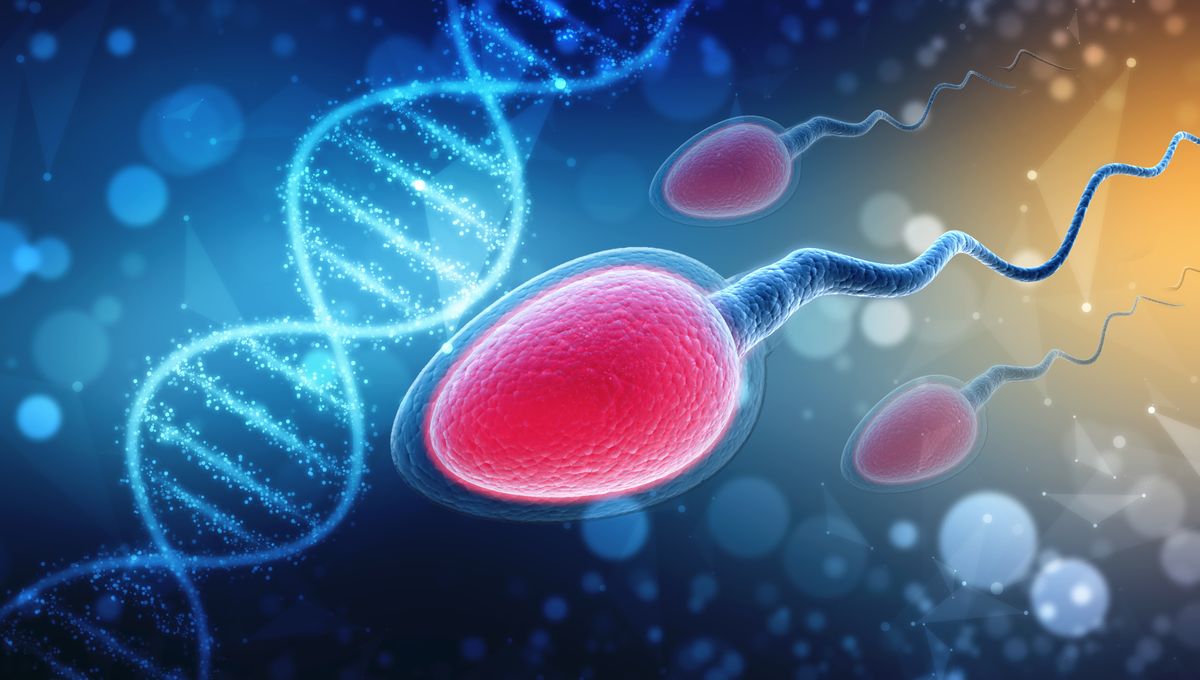
A gene that’s only expressed in the testicles of various mammals, including humans, could be the key to an effective, reversible, non-hormonal form of contraception for men. A new study details how manipulating the Arrdc5 gene in mice led to infertility in males, and scientists say that a drug targeting this gene could be a sorely needed solution to the massive disparity between male and female contraceptive options.
Few scientific questions have the same power to capture our interest and spark debate as the promise of a male contraceptive drug. The idea has been years in the making, but progress has been frustratingly slow. In the meantime, the burden of contraceptive planning overwhelmingly falls on the shoulders of women.
But not all women have access to a form of birth control that is suitable for them, and the United Nations estimates that almost half of all pregnancies worldwide are unplanned – this, against a backdrop of ever more barriers to accessing abortion and prenatal healthcare across the globe, thrown into particularly stark relief by the overturning of Roe vs Wade in the US.
New options for contraceptives targeted at the male reproductive system would therefore be hugely welcome. Researchers from Washington State University recently identified a gene, called Arrdc5, which could prove to be a potent target in the development of new birth control drugs.
“The study identifies this gene for the first time as being expressed only in testicular tissue, nowhere else in the body, and it’s expressed by multiple mammalian species,” said senior author Jon Oatley in a statement. This is what makes Arrdc5 stand out from other potential drug targets that have previously been found.
The researchers knocked out the Arrdc5 gene in mice to investigate the effects this would have on their fertility. The male mice lacking the gene produced 28 percent less sperm and the swimmers they did produce had lower motility, moving 2.8 times slower than usual. Not only that, 98 percent of the sperm had abnormalities in their heads and mid-pieces, rendering them unable to fertilize an egg.
The name for this collection of irregularities in sperm is oligoasthenoteratospermia (OAT), and it’s a common reason for infertility in humans. Up to now, the causes of this condition have not been clear, but the authors write that their findings around the Arrdc5 gene raise “the intriguing possibility that deleterious mutations could be underlying causes of fertility defects.”
As to potentially targeting the gene with a birth control drug, a huge advantage would be the lack of hormonal involvement. Testosterone plays many important roles in the male body beyond the reproductive system, so achieving a contraceptive effect without disrupting testosterone would be ideal. The authors also highlighted that it should be easy to engineer any such new drug to be reversible.
“You don’t want to wipe out the ability to ever make sperm – just stop the sperm that are being made from being made correctly,” Oatley explained. “Then, in theory, you could remove the drug and the sperm would start being built normally again.”
Work based on these initial findings is already underway, with Oatley and first author Mariana Giassetti having filed a provisional patent for the development of a contraceptive based on their discovery. Since the Arrdc5 gene is found in many species, this research could have broader implications, such as for population control in livestock; but for now, the team has their sights firmly set on the human side of things.
“Right now, we don’t really have anything on the male side for contraception other than surgery,” said Oatley. “If we can develop this discovery into a solution for contraception, it could have far-ranging impacts.”
The study is published in Nature Communications.
Source Link: Male Contraception Could Be Edging Closer Thanks To New Genetic Discovery